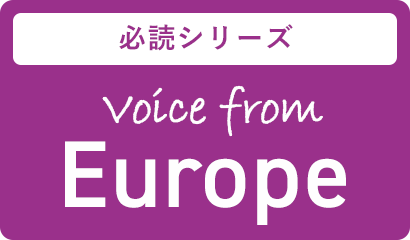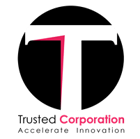
THE WINE INDUSTRY IS GOING TECH
The European Union is the world's largest producer of wine, representing 60% of the world's consumption, 45% of the world's wine-growing areas, and 70% of exports.

The difficult era the world is going through has not spared European wine-growing companies, who are constantly confronted with all kinds of challenges: from environmental issues, to economic, human, and technological, leaving the traditional wine industry with no other choice than modernization.
Although an increasing number of producers are embracing organic and biodynamic practices in their vineyards, a significant number of wines are mass-produced industrially and the environmental threats are enormous. Viticulture consumes agricultural chemicals such as weed killers, synthetic fertilizers, pesticides, as well as machine harvesting (causing direct pollution with fuel emissions). The French wine industry has been the first one to take a step forward on this matter, committing to reduce by 50% the use of such products by 2025.
Viticulture has also been highly impacted by climate change mainly as a result of global warming, droughts, changes in precipitations, and soil erosions. As an additional consequence, the heat is affecting the labor force too, causing harvesters to work in extremely unfavorable work conditions.
Mechanized forms of harvesting can pose a major solution to this issue: vineyard robots can make tasks less difficult, optimize working time, and increase profitability.
The French company Naïo Technologies![]() , pioneer in agricultural robotics, has designed, developed, and marketed fully electric and autonomous robots which assist farmers in their workload and reduce the use of chemical inputs. Their 4G connection, moreover, sends data directly from the field, allowing real-time supervision and enabling AI to track the progress and the quality of the work done.
, pioneer in agricultural robotics, has designed, developed, and marketed fully electric and autonomous robots which assist farmers in their workload and reduce the use of chemical inputs. Their 4G connection, moreover, sends data directly from the field, allowing real-time supervision and enabling AI to track the progress and the quality of the work done.

Naïo Technologies – Ted, the first robot dedicated to vineyards
Similarly, VitiBot![]() has designed electrical agricultural robots which automatically remove weeds, therefore reducing the use of weedkillers. Viticulture can transition towards increased sustainability thanks to innovation and technology.
has designed electrical agricultural robots which automatically remove weeds, therefore reducing the use of weedkillers. Viticulture can transition towards increased sustainability thanks to innovation and technology.
This is not it. The wine sector has been modernizing in a wide variety of areas, especially since Covid-19, leading to the rise of many new digital wine marketplaces such as Vivino![]() and virtual experiences like immersive digital wine tasting platforms as VIVANT
and virtual experiences like immersive digital wine tasting platforms as VIVANT![]() . Such companies have the goal to connect conscious and passionate consumers and responsible winemakers, empowering a sustainable future for the wine industry.
. Such companies have the goal to connect conscious and passionate consumers and responsible winemakers, empowering a sustainable future for the wine industry.

About Trusted Corporation
This article is presented courtesy of Trusted Corporation. For more information and inquiries about cross-border and cross-industry collaboration, please visit their website at https://trusted-inc.com/![]()



